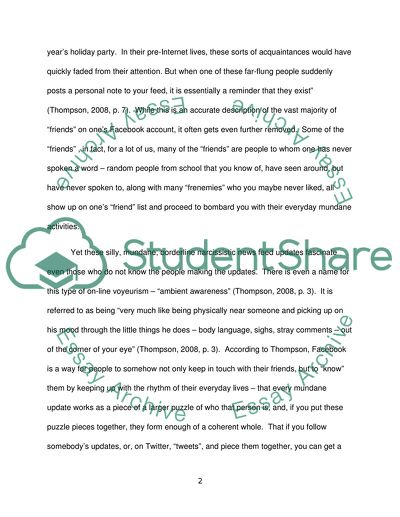Cite this document
(How the Internet Has Changed Everyday Life Case Study, n.d.)
How the Internet Has Changed Everyday Life Case Study. Retrieved from https://studentshare.org/information-technology/1574170-internet-and-american-culture
How the Internet Has Changed Everyday Life Case Study. Retrieved from https://studentshare.org/information-technology/1574170-internet-and-american-culture
(How the Internet Has Changed Everyday Life Case Study)
How the Internet Has Changed Everyday Life Case Study. https://studentshare.org/information-technology/1574170-internet-and-american-culture.
How the Internet Has Changed Everyday Life Case Study. https://studentshare.org/information-technology/1574170-internet-and-american-culture.
“How the Internet Has Changed Everyday Life Case Study”. https://studentshare.org/information-technology/1574170-internet-and-american-culture.


